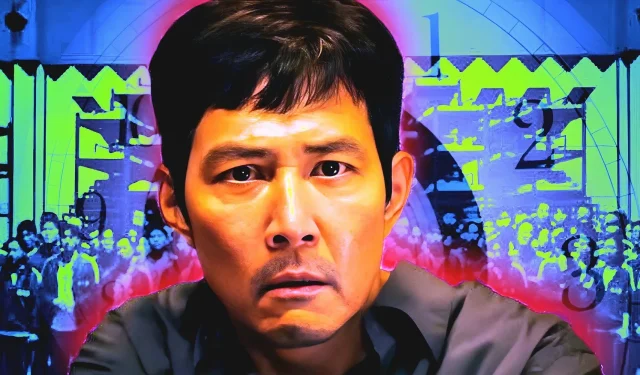
Warning! This article contains spoilers for Squid Game Season 2.
The release of Squid Game Season 2 sparked considerable discussion among fans, many of whom critiqued its shorter episode count. However, this reduced runtime may ultimately strengthen the show’s narrative foundation as it gears up for Season 3. The franchise exploded onto Netflix in 2021, quickly becoming a cultural phenomenon, celebrated for its intense themes and engaging plot. While the first season captivated audiences with its expertly crafted nine-episode arc, Season 2 has also garnered impressive ratings and viewer engagement, ranking #1 in 92 countries and earning a commendable Rotten Tomatoes score of 82%.
Despite these achievements, some fans have expressed their disappointment over Season 2, which consists of only seven episodes, particularly when compared to its predecessor. The criticism is understandable, given that most Netflix series typically feature a minimum of eight episodes. Nevertheless, this concise format could indeed play a vital role in setting the stage for an even more compelling Season 3.
Squid Game Season 2 Ends at the Perfect Moment to Launch Season 3
The Ambiguous Ending of Season 2 Heightens Excitement for Season 3


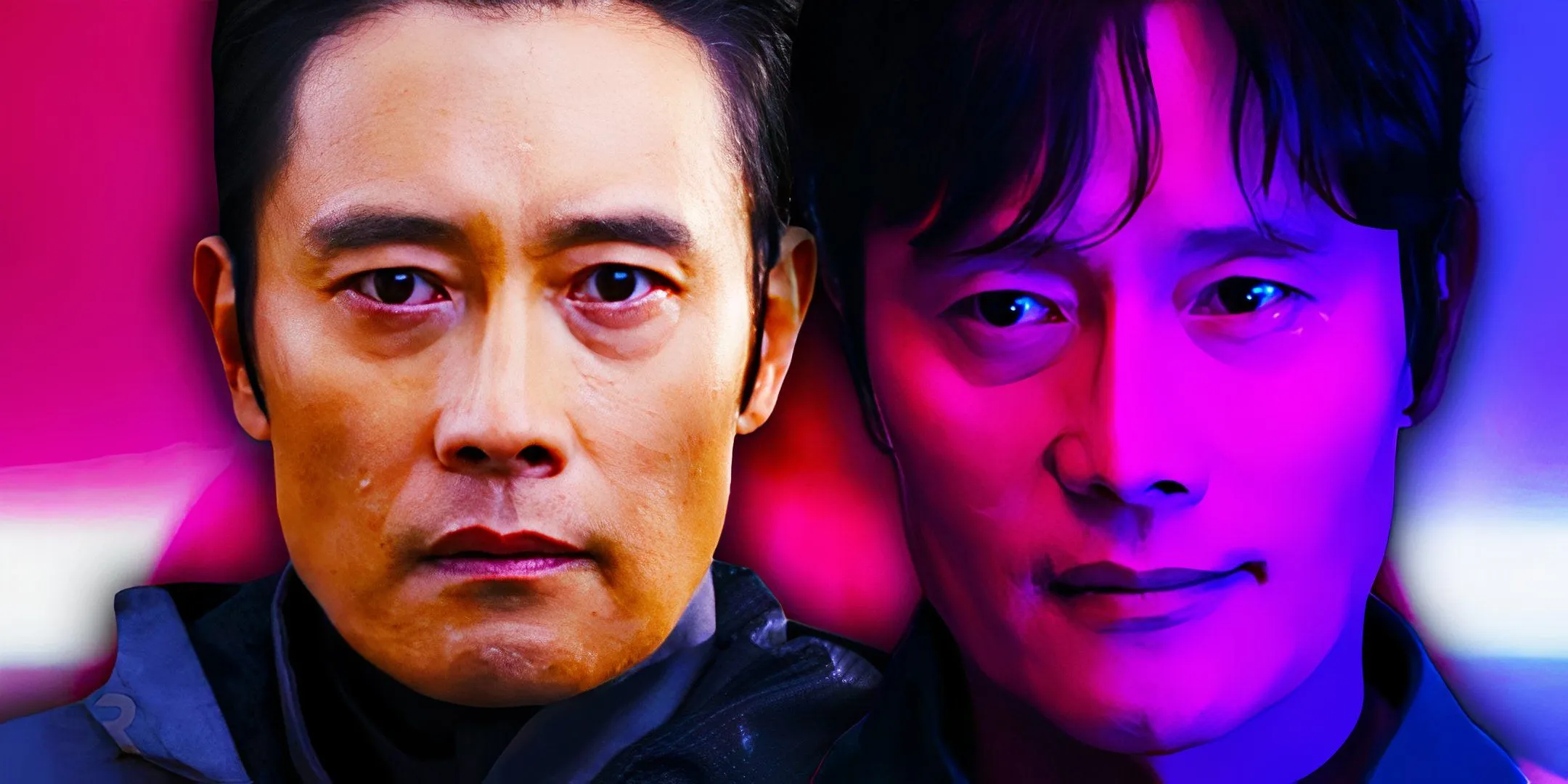


Similar to its first season, Squid Game Season 2 gradually immerses viewers in the lives of its key characters before culminating in a series of harrowing games. The impactful climax of the season directly ties into protagonist Gi-hun’s ongoing struggle. Despite his valiant attempts to dismantle the violent spectacle, he ultimately faces the devastating loss of his friend, Jung-bae.
While cliffhanger endings often leave audiences frustrated, the ambiguous nature of Season 2’s conclusion feels appropriate, especially as Season 3 is slated for release in 2025. Although viewers are left uncertain about Gi-hun’s fate, this ending provides a semblance of closure to his revenge narrative. It poignantly illustrates the repercussions of having one’s vision clouded by the desire for revenge, demonstrating how this obsession tragically impacts those around him. Gi-hun’s character may evolve into a stoic anti-hero or spiral down into deep remorse as the story progresses, representing a potential turning point for the series.
This unresolved tension fosters a fertile ground for speculation and anticipation regarding future developments in Season 3, where multiple narratives can unfold. By leaving Gi-hun’s journey open-ended yet impactful, the series expertly propels curiosity about potential character arcs and outcomes.
Season 2 Balances Character Development With Narrative Efficiency
Investing in New Characters Alongside Gi-hun’s Journey

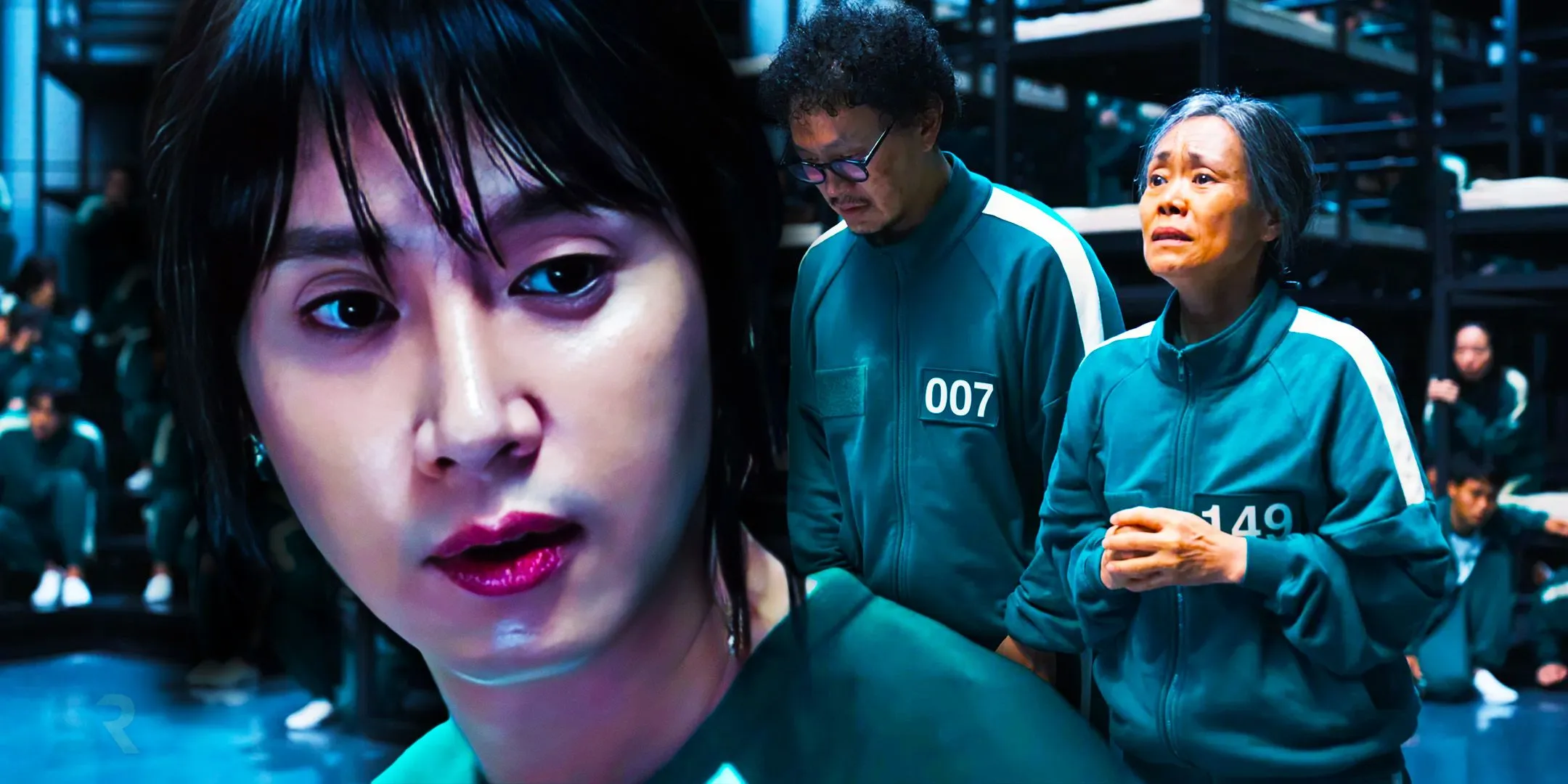
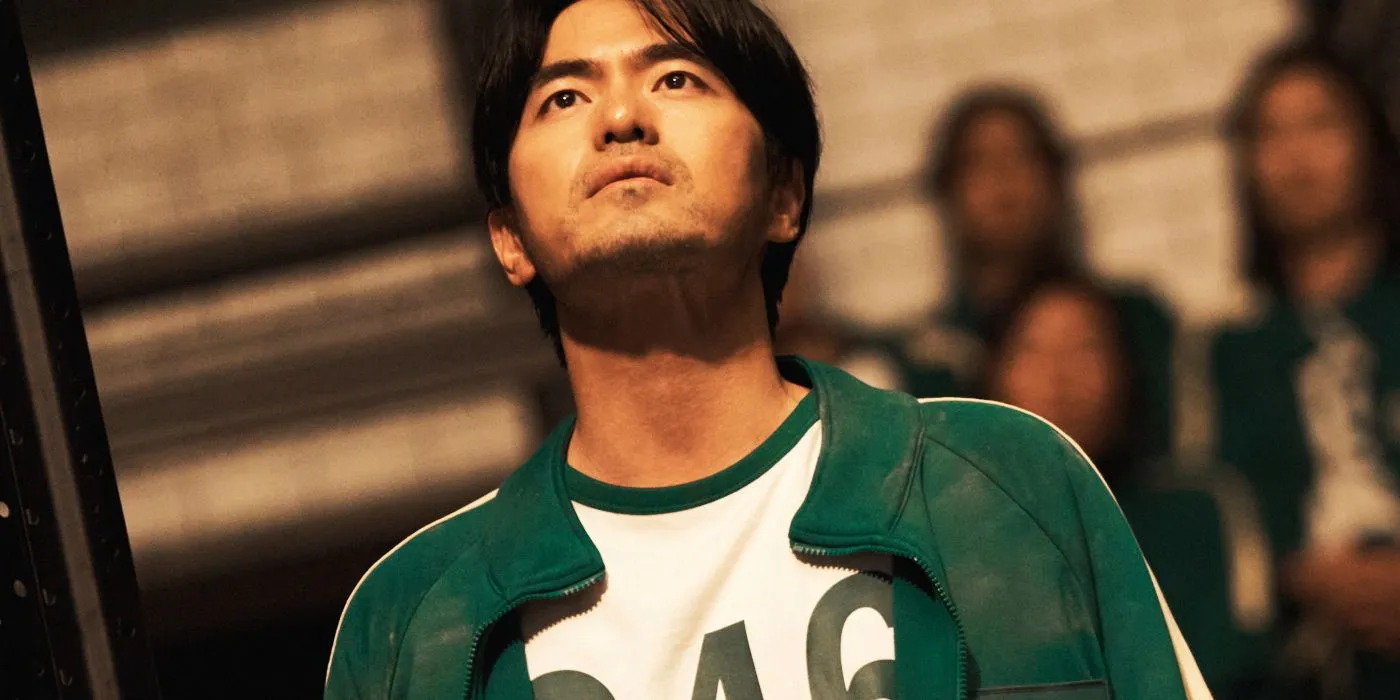


Considering the brutal eliminations of major characters in Season 1, expectations were high for new additions in Season 2. The seven-episode structure could have hindered character development; however, the creators successfully crafted engaging backstories that resonated with viewers. Gi-hun remains a significant focus, but the introduction of characters like Myeong-gi (played by Yim Si-wan), Jun-hee (Jo Yu-ri), and Min-su (David Lee) added a refreshing dynamic to the narrative.
|
Season |
Rotten Tomatoes Critics’ Score |
Rotten Tomatoes Audience Score |
|
Squid Game Season 1 |
95% |
83% |
|
Squid Game Season 2 |
82% |
64% |
Through captivating story arcs and strong performances, Season 2 has made supporting characters, including Hyun-ju (Park Sung-hoon), equally compelling as Gi-hun. With many main characters surviving past the season’s conclusion, a constant tension looms around potential fatalities, particularly concerning Yong-sik and his mother, Geum-ja. Even with a concise seven-episode format, Season 2 effectively enhances the Front Man’s menacing presence while introducing new antagonistic figures like Nam-gyu.
Season 3 is Poised to Become the Most Impactful Installment Yet
Setting the Stage for Gritty Storytelling in Season 3
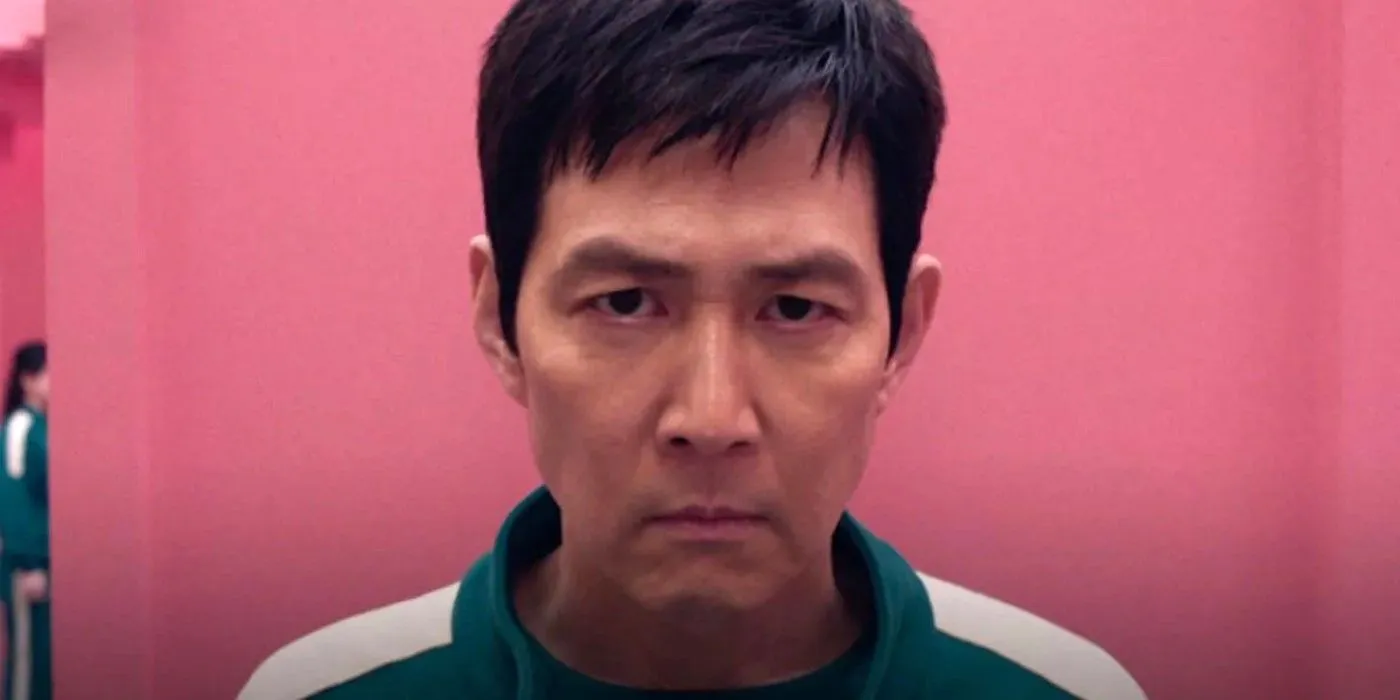
From its inception, Squid Game has resonated with audiences through its exploration of humanity’s darkest aspects and its unflinching portrayal of character mortality. The survival of many key figures in Season 2 suggests that the forthcoming Season 3 may witness devastating character deaths. This potential shift toward darker storytelling might not only heighten emotional stakes but also establish it as the best chapter of the series.
Season 2’s mid-credits sequence hints at the return of the infamous “Red Light, Green Light”game—this time featuring two dolls, which raises the stakes for participants even further.
While Season 2’s brevity could have resulted in a lackluster narrative filled with filler content, creator Hwang Dong-hyuk has prioritized quality over quantity. This commitment bodes well for Season 3, particularly as Netflix aims to sustain the success of its flagship IP similar to other massive hits like Stranger Things and Cobra Kai. Fortunately, Squid Game appears set to conclude on an impactful note, assuring fans that its legacy will remain strong.




Leave a Reply